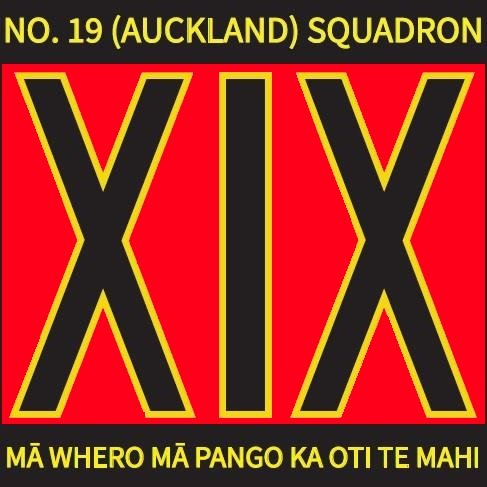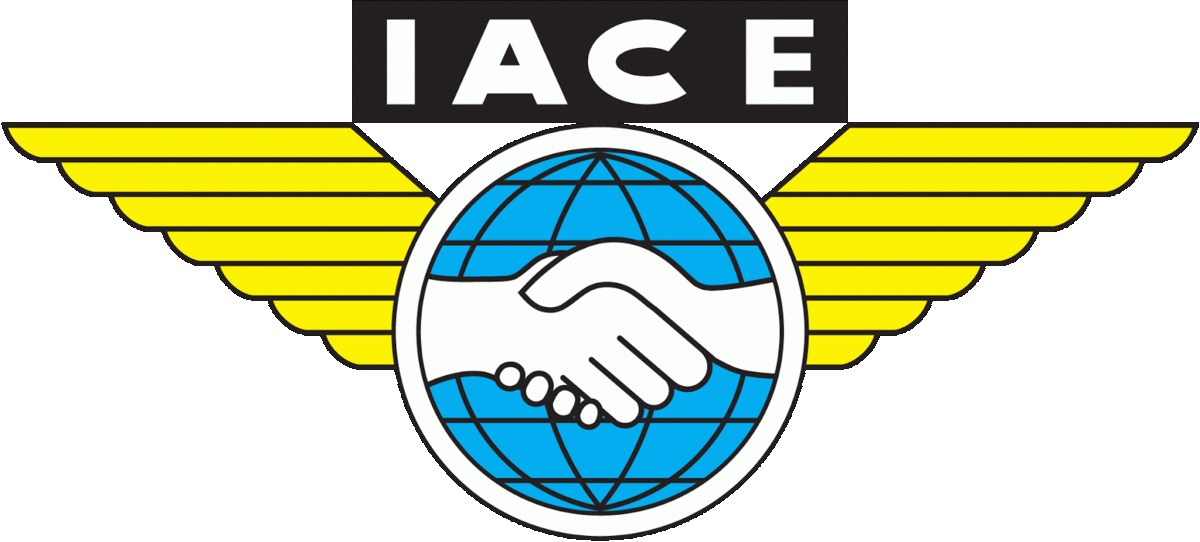F/S Wells as youth ambassador to Belgium
International Exchanges
Each year New Zealand sends dozens of personnel around the world on amazing exchanges. The largest exchange the New Zealand Cadet Forces operate are the Corps exchanges:
International Cadet Exchange Program
The International Air Cadet Exchange (IACE), while the largest exchange we participate in, is not the only one. 19 SQN is fortunate enough to have a relationship with the annual exchange between New Zealand Sea Cadet units and Canadian Sea Cadet units. Over the past couple of years we’ve had the opportunity to send a handful of personnel along to Canada in a cross-country/cross-corps exchange.
The New Zealand Cadet Forces also deploys personnel with the New Zealand Defence force to ceremonial occasions overseas, most frequently Belgium or France for Anzac day or Armistice day. In 2017 one of our personnel F/S S. Wells competed in a social media competition and was selected to travel with the New Zealand Defence Force to Belgium to join in the commemoration of the Battle of Passchendaele
19 Squadron Personnel deployed to Canada on the CANEX exchange
The International Air Cadet Exchange Association (IACEA) was set up in 1947 originally between the UK and Canada for Air Force Cadets to participate in a cultural exchange between likeminded aviation orientated groups. Since that first International Air Cadet Exchange (IACE) the programme has grown to 17 participating countries. Not all participating organisations are directly related to their nations Air Forces but all have the common goal of fellowship, friendship and fostering Aviation. New Zealand’s membership to IACEA is through the Air Training Corps Association of New Zealand (ATCANZ).
IACE runs during the northern Hemisphere Summer school holidays usually the last 2 weeks in July – Early August. The only exception is Japan, who exchange in April of each year.
Each member organization is responsible for the exchange costs in its own country and for transporting their cadets and escorts to and from the host country or assembly point.
IACE Programme finance varies between countries, but many rely on support received from their aviation and engineering industries, national aero clubs, youth air organizations and private individuals. Some countries with government-sponsored youth air organizations receive direct financial support for the exchange programme from their governments. Visiting cadets and escorts incur no expenses in the host countries apart from private expenditure.
As it is generally agreed that expansion of the Air Cadet Exchange Programme is desirable, invitations are regularly extended to additional countries. As a result, there has been a gradual expansion in the number of participating countries.
Currently, for Air Cadets in New Zealand some sponsorship is provided by the Chief of Defence Force (CDF) to the value of half their airfare. We have three permanent countries we exchange with – being UK, USA and Canada. Each year the fourth country changes – often to somewhere in the Pacific Rim, however it is not limited to this. Each country has 2 cadets and 1 Escort Officer, except Canada where we send 3 cadets and 1 Escort Officer.
During the period that our cadets are travelling overseas, we simultaneously host cadets from the countries we exchange with, travelling throughout Aotearoa / New Zealand. This is funded partially from CDF through ATCANZ, and local Unit Support Committees / District ATCANZ.
All programmes outbound and inbound are supported by HQNZCF and the Area Cadet Forces Training and Support Units (CFTSU), along with NZDF Support of the programme.
Eligibility – Cadets must be between the ages of 17 – 20 years at date of travel. Applications can be obtained through your Unit Commander via CadetNet. All applications must be completed electronically.
All Cadets applying must be able to self-fund their passports, any visa requirements, uniform costs, administration costs and the balance of their flights and insurance. The current maximum funds required is approximately $2,600 depending on which country the cadet is travelling to.
Where to go for more information – IACE has a website that has more information about the exchange organisation and the programmes each country is likely to run. You can find this at www.iacea.com Guidelines for Escorts can also be found on this website.
New Zealand Cadet Force personnel deployed to Sydney, Australia




